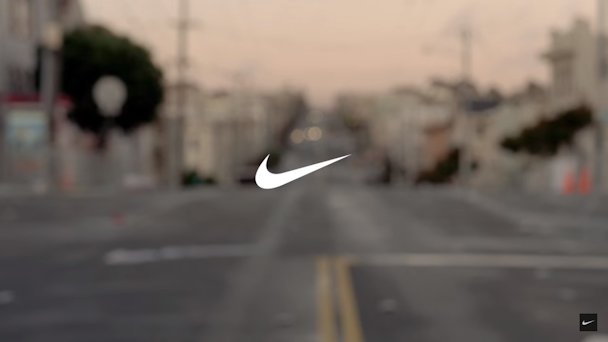CCTV's 315 show: how Nike and Muji found themselves accused of misleading consumers on Chinese TV
Nike and Muji have been criticised for misleading advertising on China Central Television (CCTV)’s annual consumer rights program.

Nike was one of the brands criticised on China's 351 television program.
The brands were named and shamed on a two-hour program, called “315”, which airs annually on the global consumer rights day on the state-run broadcaster.
The program uses hidden camera techniques to follow up customer complaints and expose companies that are behaving badly.
This year’s broadcast accused Nike of falsely claiming its basketball shoes featured the brands Zoom Air cushion soles. According to reports, Nike had issued apologies and compensation to customers when it became aware of the mistake.
Japanese retail brand Muji was also in the spotlight on 315, with the company accused of mislabelling food and failing to reveal the origin of foods from radiation affected areas of Japan. A statement from Muji said the accusations were the result of a misunderstanding and claimed all food products imported from Japan adhere to Chinese laws and regulations.
The program also shamed a number of local brands following complaints from Chinese consumers.
The broadcast, which is now in its 27th year, has become a regular fixture in the media calendar and has claimed some major scalps in the past.
Apple CEO Tim Cook issued an apology in 2013 after the program accused the company of poor customer service. McDonalds retrained staff in China, and Volkswagen recalled cars after the broadcast aired complaints from customers.
Companies which are ‘shamed’ on the show can experience damage to the reputations of their brands and declines in sales. There have also been instances where the companies have been fined or faced legal action.
While the television program's huge viewing audience has ensured it is feared by marketers and companies, some experts believe its influence is waning.
Mark Tanner, managing director of marketing and research agency China Skinny, said consumer perceptions of shamed brands is less severe than in previous years.
“China's retail sales are being driven by millennials who are much more free thinking and less influenced by what they see as media propaganda than older generations. Of course, it's hard not to take notice, just not as much as previously," said Tanner
“I also think brands are better prepared for it these days and they have much stronger crisis management plans. The way companies like Volkswagen and McDonalds responded meant the impact was minimal. Apple sales took a hit when it was singled out in 2013, but it has now learnt how to better respond to negative PR in the market," he added.

